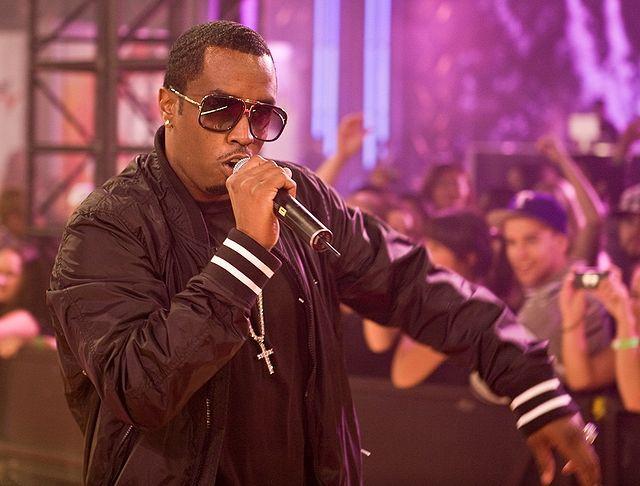Sean "Diddy" Combs' bid to be released on bail has met with fierce opposition from federal prosecutors, who argue that his history of violence, obstruction, and influence over witnesses poses a significant threat to the integrity of the legal process. The 55-year-old music mogul, facing charges of racketeering, sex trafficking, and transportation to engage in prostitution, remains incarcerated at the Metropolitan Detention Center in Brooklyn as he awaits trial scheduled for May 2025.
In a court filing on Monday, U.S. Attorney Damian Williams' office characterized Combs as a manipulative figure with a "decades-long pattern of violence" and a proclivity for obstruction. Prosecutors cited his alleged use of banned communication tools in jail, as well as claims that he contacted witnesses despite previous assurances to the court that he would not.
"Contrary to representations by counsel just days ago, the defendant has continued to engage in unauthorized communications with family members from the MDC by using another inmate's ContactMeASAP account as recently as yesterday," prosecutors stated. They alleged that Combs had contacted a grand jury witness multiple times before and after her testimony and then deleted the messages.
The filing also accused Combs of presenting falsified documents during a previous hearing. Prosecutors claimed that pages marked as "legal" were later revealed to lack such labels in their original form, a discrepancy that reportedly angered U.S. District Judge Arun Subramanian.
Combs, who pleaded not guilty to the charges in September, faces life imprisonment if convicted. His defense team, led by attorneys Alexandria Shapiro, Mark Agnifilo, and Teny Geragos, continues to argue for his release on a $50 million bail package that includes house arrest and 24/7 surveillance at his Upper East Side apartment.
In a parallel to the legal battles of President-elect Donald Trump, Combs' attorneys cited a decision in United States v. Trump to claim that their client's public statements should not be restricted. "Mr. Combs is not required to sit idly by and acquiesce to all of this. He has a right to a fair trial and a constitutional right to speak out on his own behalf," they wrote. "The government's arguments that asking his children to post birthday wishes on Instagram and that he is not entitled to publicly express his opinion that this prosecution is racially motivated are, quite simply, an unconstitutional effort to silence him."
Prosecutors dismissed the comparison as baseless. They argued that Trump's case involved a unique balance between the rights of a presidential candidate and the need for a fair trial, which does not apply to Combs. They also highlighted allegations that Combs used an inmate's account to coordinate social media posts aimed at swaying public opinion.
One incident cited by prosecutors involved a birthday video shared by Combs' children, in which he spoke from jail. "I love y'all so much. I can't wait to see y'all. Thank y'all for being strong and for supporting me," he said in the clip, which prosecutors allege was part of a calculated campaign to influence the jury pool.
Prosecutors have also pointed to the nature of the allegations against Combs, which include orchestrating "freak-offs" involving coerced sexual acts and recordings, silencing victims through violence and blackmail, and using his associates to maintain control. Civil suits against Combs, some filed by minors at the time of the alleged offenses, continue to mount.
Combs' legal team, however, maintains that the charges are "fictional" and part of an effort to tarnish his reputation. They accuse prosecutors of using "theatrical spin" to bolster their case.
Judge Subramanian is expected to decide on Combs' latest bail application this week. This marks his third attempt to secure release, with previous bids rejected over concerns about witness tampering and public safety.






